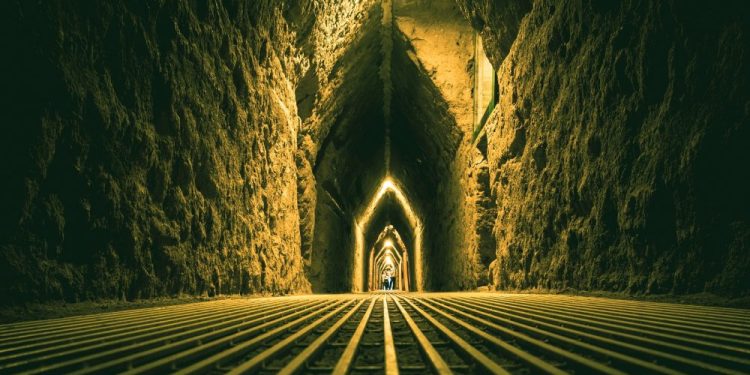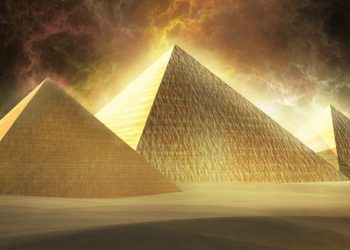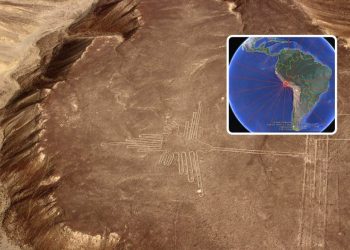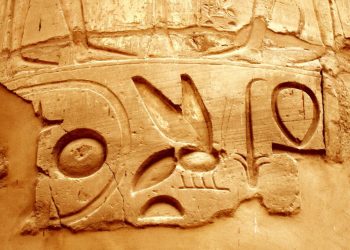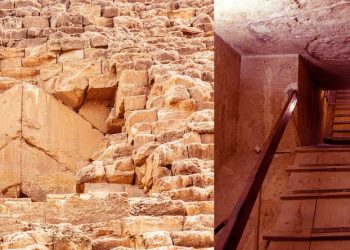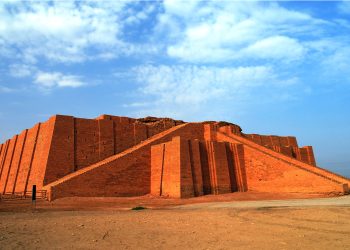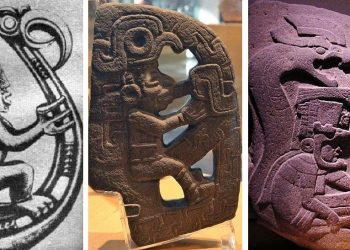Are you fascinated by ancient civilizations and their architectural marvels? The Great Pyramid of Cholula is a must-see for any history buff or traveler exploring Mexico. Here are fifteen interesting facts about this remarkable structure:
Largest pyramid in the world
The Great Pyramid of Cholula is the largest pyramid by volume in the world with a volume of 4.45 million cubic meters. It has a base of 300 by 315 meters (984 by 1,033 ft) and measures 25 meters tall.
Not a single pyramid, but a complex
Contrary to popular belief, the Great Pyramid of Cholula is not a single pyramid but rather a complex of several pyramids built on top of each other over centuries. The complex consists of at least six major structures, the earliest dating back to the 3rd century BC.
Built by multiple civilizations
The Great Pyramid of Cholula was constructed over several centuries by different Mesoamerican civilizations, including the Olmec, Zapotec, and Mixtec. The earliest structures were built by the Olmec, followed by the Toltec, and finally, the Aztecs.
A UNESCO World Heritage site
The Great Pyramid of Cholula was declared a UNESCO World Heritage site in 1987, recognizing its cultural and historical significance. The site attracts thousands of visitors each year, drawn by its impressive size and the wealth of history it represents.
Discovered by the Spanish
The Great Pyramid of Cholula was rediscovered by the Spanish in the 16th century, who mistook it for a hill and built a church on top of it. The church, which is known as the Nuestra Señora de los Remedios, still stands on top of the pyramid and is a popular destination for visitors to the site.
Preserved by the church
Ironically, the church built on top of the Great Pyramid of Cholula helped to preserve it over the centuries, as it prevented the structure from being destroyed or dismantled. The church was built in the late 16th century and was expanded over the centuries, incorporating elements of the pyramid into its design.
The pyramid is hollow
The Great Pyramid of Cholula is largely hollow, with a series of tunnels and chambers beneath its surface. These tunnels were discovered in the 1930s by archaeologists who were exploring the site, and they have since been opened to the public.
The tunnels contain ancient artifacts
The tunnels beneath the Great Pyramid of Cholula contain a wealth of ancient artifacts, including pottery, jewelry, and sacrificial offerings. These artifacts offer insights into the daily lives and religious practices of the people who built and used the pyramid.
Dedicated to a deity
The Great Pyramid of Cholula was dedicated to the deity Quetzalcoatl, who was worshiped by several Mesoamerican civilizations. Quetzalcoatl was believed to be the god of wisdom, learning, and creation, and was associated with the planet Venus.
The pyramid was a sacred site
The Great Pyramid of Cholula was a sacred site for the Mesoamerican peoples who built it, and was used for religious ceremonies and other important events. The pyramid was a symbol of power and authority, and its construction was a testament to the ingenuity and resourcefulness of the people who built it.
Depicted in artwork
The Great Pyramid of Cholula is depicted in many artworks from the pre-Columbian era, offering insights into its original appearance and significance. These artworks include murals, pottery, and stone carvings, and provide valuable clues about the rituals and beliefs associated with the pyramid.
A source of controversy
The Great Pyramid of Cholula has been a source of controversy over the years, with some historians and archaeologists questioning its origins and purpose. Some have suggested that the pyramid was not built by the Mesoamerican civilizations but was instead constructed by an unknown culture that predated them.
Unfinished
The Great Pyramid of Cholula was never fully completed, with some sections remaining unfinished. It is unclear why construction was halted, but it is possible that it was due to political upheaval or resource constraints.
Symbolic significance
The Great Pyramid of Cholula was not just a religious site but also had symbolic significance for the Mesoamerican people who built it. The pyramid represented a connection between the underworld, the earth, and the sky, and was seen as a bridge between the physical and spiritual worlds.
Ongoing restoration efforts
The Great Pyramid of Cholula is a valuable cultural and historical treasure, and efforts are underway to preserve and restore it for future generations. Restoration work has been ongoing for several decades, with archaeologists and conservationists working to protect the pyramid from erosion and other forms of damage.
The Great Pyramid of Cholula is a remarkable testament to the ingenuity and resourcefulness of the ancient Mesoamerican civilizations. Its size, complexity, and cultural significance make it one of the most impressive archaeological sites in the world. Whether you’re a history buff, an art lover, or simply curious about the wonders of the past, a visit to the Great Pyramid of Cholula is an experience you won’t soon forget.
PLEASE READ: Have something to add? Visit Curiosmos on Facebook. Join the discussion in our mobile Telegram group. Also, follow us on Google News. Interesting in history, mysteries, and more? Visit Ancient Library’s Telegram group and become part of an exclusive group.



